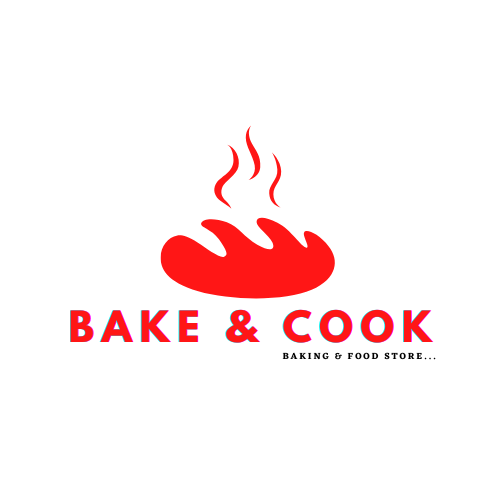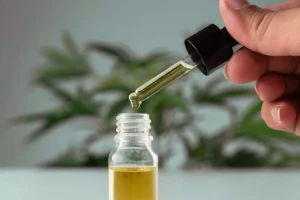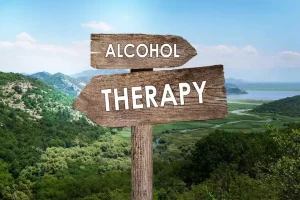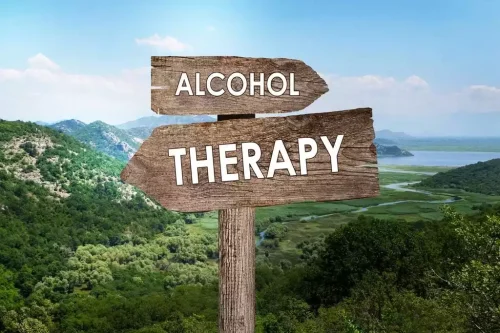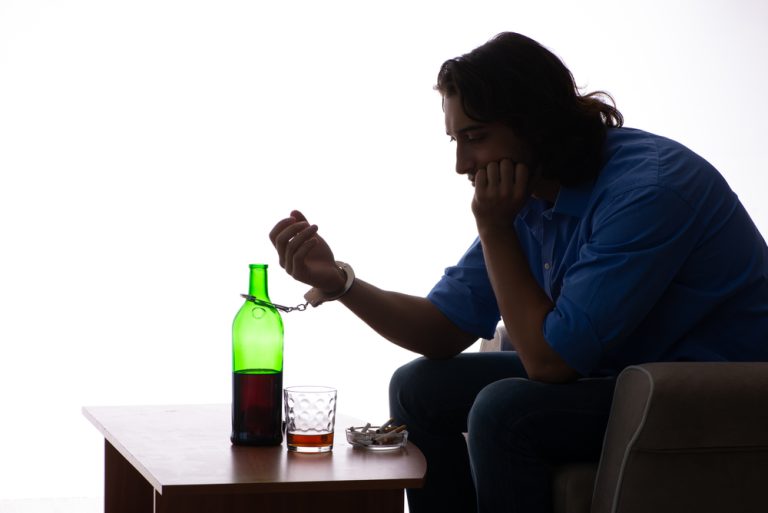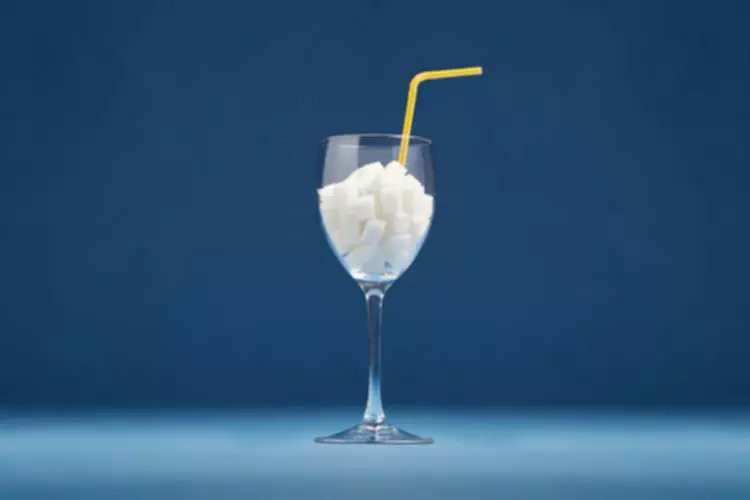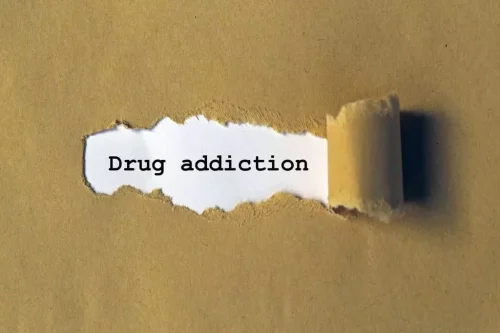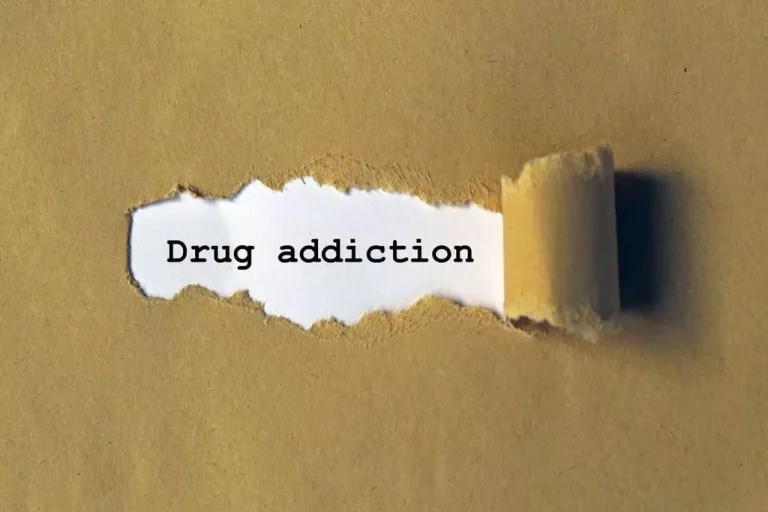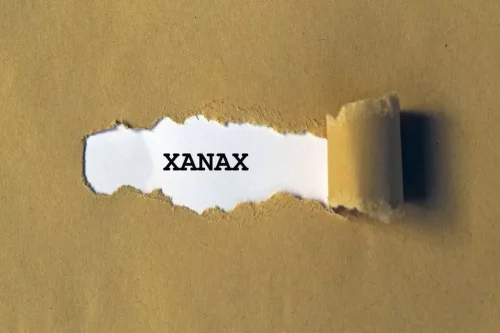It could be a family member, stresses from a job or just a specific memory of an environment. By removing triggers, the individual is able to remain sober longer. We place great emphasis on the concept of group accountability. It is at the core of our model as it both fosters personal responsibility and allows the house to function orderly.
Stepping Stones of Atlanta Recovery Residence
Using this experience, Callan decided to organize a more structured living situation for himselfand his newly sober friends. The basic rules of the house would center on accountability,sponsorship, meeting schedules, and house rules. If people wanted to follow these rules theycould be his roommates. Callan also thought it better to include only men, having observed thatthe co-ed living environment is not always ideal for those in early recovery.
Finding Your Initial Care at FHE Health
- The National Alliance for Recovery Residences is an organization that aims to educate on sober living homes while also providing support for those running them.
- The basic rules of the house would center on accountability,sponsorship, meeting schedules, and house rules.
- Rather, it is an association whose members operate such programs.
- These can be slightly larger and are sometimes in apartment complexes.
- Stepping Stones of Atlanta Recovery Residence offers a safe, structured environment (also known as sober living house or halfway house) for men who are recovering from the disease of addiction.
- The programs within them also differ from one location to the next.
From here, we can help you move into transitional living or a sober house right for your best steps forward. Contact us today to learn more about the programs we offer and how we New Beginning Recovery can help you begin the journey to recovery. When you have a strong group of guys who strive for a common goal, sobriety, it is very beneficial. Our sober living takes guys out to eat randomly to bond, or even white water rafting. Every year we do something around Christmas to give back to the community.
The Experience Blog
This is where transitional housing, also called sober homes, 3/4 homes or halfway houses, comes into play. There are a few differences, but in general, they provide a safe place for an individual to live and readjust to life outside a treatment center. A less-than-desirable environment exposes someone in recovery to the potential triggers that can lead to relapse. A study published in the Journal of Psychoactive Drugs by the Alcohol Research Group Public Health Institute showcased the importance of social and environmental factors in recovery. He went through extended primary treatment, a halfway house, sober house, and the apartment that started the network of sober houses that Callan runs today.
Our recovery homes foster independence – house expenses in the form of “rent” are paid by residents. This covers basic foodstuffs, cable, telephone, internet, utilities, transportation, drug testing, and the housing itself. The FHE Health team is committed to providing accurate information that adheres to the highest standards of writing. This is part of our ongoing commitment to ensure FHE Health is trusted as a leader in mental health and addiction care. However, in a sober home, you work with a professional who helps to keep you focused and provides ongoing relapse prevention education.
Individuals are often responsible for helping with meals, taking care of the home and maintaining relationships. Our mission is to provide safe, supportive sober living communities for those in recovery. If you are in drug rehab right now or entering it through FHE Health, your goal should be to focus on your current needs. From there, our team will work with you to choose the right type of transitional living for your next step. Furthermore, Stepping Stones connects residents with resources proven to sustain long-term abstinence, often referred to as recovery capital.
There are several types of recovery residences, the most common being a peer-run organization. These are typically located in single-family homes in stable communities whose residents hold each other accountable and promise to not use drugs or alcohol. A monitored location is one step up and has a house manager present who sets rules and procedures and holds individuals accountable. These can be slightly larger and are sometimes in apartment complexes. A sober home or sober living home is a type of location you can live for a period of time after completing rehab. These locations do not provide specific addiction treatment, so you should continue to see your outpatient counselors for this.
These are usually locations with some supportive structure in place. Over the next few years, Callan saw his passion for helping others in recovery grow into anetwork of 8 sober houses for men and women, where he continues to work and carry themessage of recovery. If someone is unable to work initially, due to a lack of experience, there may be some help in building skills to do so.
Last year we handed out over $1,000 dollars in gift cards to the homeless. It’s all about building relationships and connecting with each other. Our sober living is different from other programs because we get to know our clients, and they are not just a “number”. Each home has weekly meetings including a house business meeting where practical issues are discussed such as chores and any behavior that is disruptive to the house. Additionally, there are two recovery-oriented meetings including a 12-Step group and a literature study. These recovery meetings are open to all same-sex houses and residents are encouraged to invite their sponsors.
